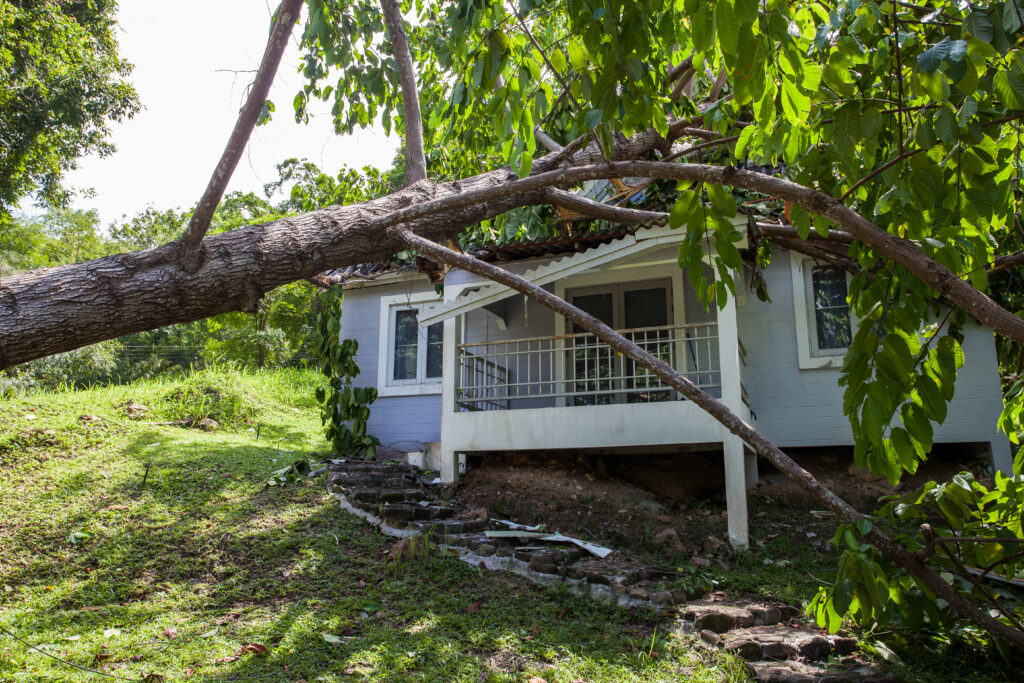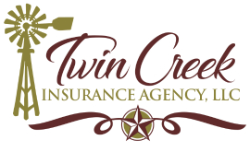Whose Responsible If A Tree Falls On My House?
The responsibility for a fallen tree on your property depends on a few key factors:
Location of the Fallen Tree: If a tree from your property falls onto a neighbor’s property (or vice versa), insurance typically views it as the property owner’s responsibility to cover damage within their own property. So, if your tree falls on your neighbor’s home, their homeowners’ policy would likely cover their damage, and the same applies if the roles are reversed.
Act of God: If a healthy tree falls due to a natural event, such as a storm or high winds, it’s typically classified as an “Act of God.” This means each property owner is responsible for damage within their own property, covered by their homeowners’ insurance (minus the deductible). So, if a neighbor’s healthy tree falls on your house, your homeowners’ policy would generally cover the damage, and vice versa.
Negligence and Responsibility: If the fallen tree was dead, damaged, or neglected—like having dead limbs or showing clear signs of decay—and the owner did not take steps to address it, liability could shift. In this case, the tree owner may be held responsible for damage caused by the tree due to negligence. So if a neglected tree from a neighbor’s property falls onto your house, their insurance might be liable. However, most storm-related tree damage falls under the “Act of God” rule, making it the affected property owner’s responsibility unless there was clear negligence
Damage to Your Own Property: If a tree on your property falls onto your own house or other structures due to a natural event, your homeowners’ insurance should cover the damage, as it would be considered an “Act of God,” minus your deductible.
It’s always a good idea to keep trees healthy and address potential hazards.

